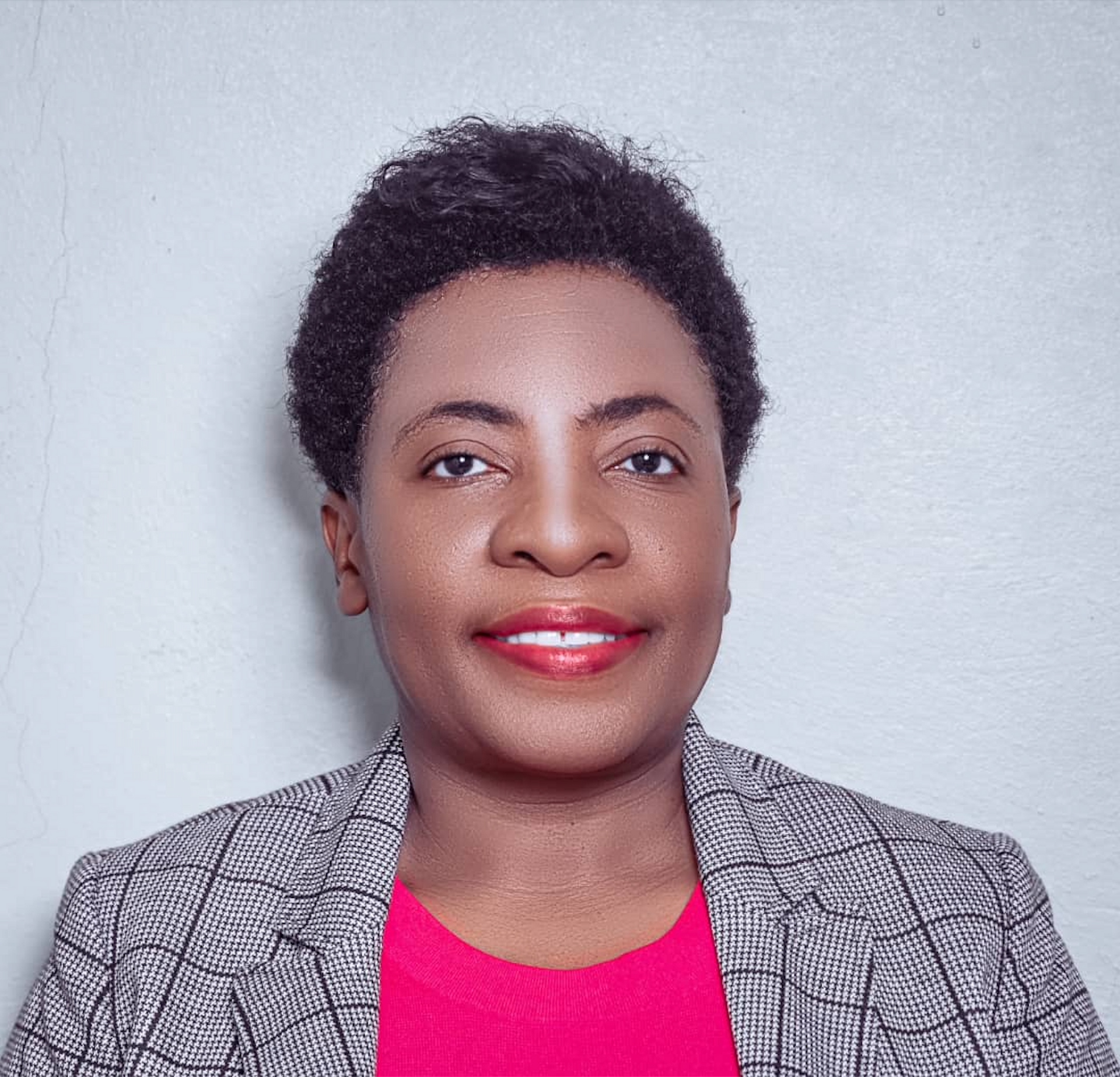In the 1st rural section of Basse Plaine, commune of Limonade where the Cima Community School of Hope is located, there is no access to electricity. A minority of the people who can afford a mobile phone, much less a smartphone, find it difficult to keep it charged. This is a problem in today’s technology-driven world.
To combat this problem, Cima Community School of Hope (CCSH) joined forces with the Steve Sinnott Foundation to launch The CCSH Resource Learning Center to facilitate education focused on multimedia and information technology. The Center is available to our staff and students from 1st Grade to High School. Today, our CCSH-RLC is equipped for audio-visual language learning. Students can learn English, Spanish, and many other languages in a participatory way, while we encourage the self-study method.
With 25 computer workstations and 19 tablets, powered by a 6-kw solar system, the space is conducive to learning. We promote inclusive education, we have knowledgeable IT and language teachers, and we are user friendly. The Resource Learning Center serves:
- The staff and students of Cima Community School of Hope.
- The 21 children of Caring for Haitians Orphans with AIDS (CHOAIDS).
- More than 50 community youth enjoy interactive weekend courses.
Students are eager to connect to the global village and acquire innovative technological knowledge. A computer Lab is no longer a luxury for our rural school. They use basic software like Microsoft Office, they can navigate the internet and operating systems easily. They learn through audiovisuals and in a very interactive environment. It helps develop their ability to learn by listening, reading, and writing in their language, often through playing fun and engaging games.
In addition to learning a foreign language and navigating a computer, the CCSH-RLC helps to better prepare the students for a successful professional career. It may even serve as their main profession in the future; students can freelance anywhere. They understand this and show interest and motivation to learn at every opportunity. The use of information and communication technologies in education plays a crucial role in providing new and innovative platforms of support for teachers, students, and the learning process more broadly. We encourage students to read through our book club and use social media to their advantage. Students were able to participate in the Virtual Global Classroom Event on June 16th for the Day of the African Child and connected in solidarity with children in the USA, Brazil, DRC, and other African Diaspora countries.
We have initiated a film based project called “Cine Changement”. Every Wednesday students watch a short film or documentary that fosters open debate. They ask questions about current events, issues that jeopardize their future, and propose solutions and alternatives for a fragile country like Haiti. We also took advantage of our CCSH-RLC to integrate our adult literacy parents and community members so that no one is left behind. All 3 Alfa classes (about 93 students) were invited to watch the Maestra documentary about the 1961 Cuban Literacy Campaign. The literacy students admired the sacrifices made by young students to eradicate Cuban illiteracy within one year. They have a chance to reflect on and evaluate their civic engagement as Haitian citizens. Regardless of their social rankings and age, they can make a difference, be an agent of hope, and their voices count.
Sonje Ayiti recently acquired Starlink for reliable internet capability to boost innovative virtual learning opportunities for staff, students, parents, and the community. The CCSH-RLC now has reliable internet access to promote more cultural and educational exchange activities with other schools in the diaspora, which would be even better for a global connection to the outside world and help teachers to have more content for their lessons.





